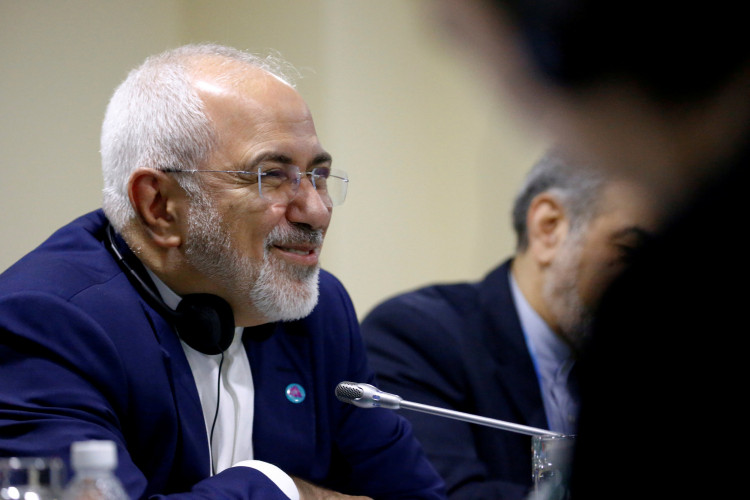Iran has agreed the International Atomic Energy Agency can continue verification and monitoring of its nuclear program for up to three months after the next deadline expires.
The deal announced Monday will see no more snap inspections. However, it provides an opening for stalled diplomatic negotiations aimed at reviving the Iran nuclear deal.
Agency director general Rafael Grossi said Monday talks with Iran nuclear officials had produced a "good, reasonable result" that "salvages the situation for now."
"We reached a temporary bilateral technical understanding whereby the agency is going to continue its necessary verification and monitoring activities for a period of up to three months," he said.
"We agreed that we are going to keep this understanding we reached under review constantly - so if we want to suspend it or extend it, this can be done.
Grossi said the agency remedied a situation "which was very unstable and I think this technical understanding does it, so that other political consultations at other levels can take place."
Iran said Sunday the U.S. must first lift sanctions if it wants to talk about salvaging the 2015 Joint Comprehensive Plan of Action.
Iran again said it won't make the first move to restore the pact with the P5+1 countries that brokered the deal that seeks to prevent Iran from acquiring nuclear weapons while lifting most international sanctions. The P5+1 consists of China, France, Russia, the UK, the U.S. plus Germany together with the European Union.
"The U.S. will not be able to rejoin the nuclear pact before it lifts sanctions...Once everybody implements their side of obligations, there will be talks," said Iran Foreign Minister Mohammad Javad Zarif.
"Biden claims that (former U.S. President Donald) Trump's maximum pressure policy was maximum failure...but they have not changed that policy (toward Iran). The U.S. is addicted to pressure, sanctions and bullying...It does not work with Iran."
Iran and the U.S. have been at odds over who should make the first move to revive the nuclear deal Trump withdrew the U.S. from in 2018. Iran asserts the U.S. must first rescind U.S. sanctions. On the other hand, the Biden administration wants Iran to first return to compliance before any sanctions are lifted.
Last week, the Biden administration said it was ready to talk to Iran about both countries returning to the nuclear deal.
The stumbling block to any new negotiations to revive the plan is Iran's new law that obliges the Iran government to end implementation of the additional protocol starting Feb. 23, if sanctions are not lifted.
The protocol grants the agency the power to carry out short-notice or snap inspections at locations not declared to it. The P5+1 countries and the EU have warned Iran against obstructing the protocol.






